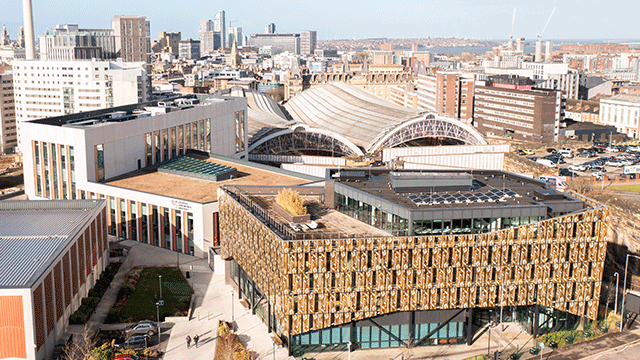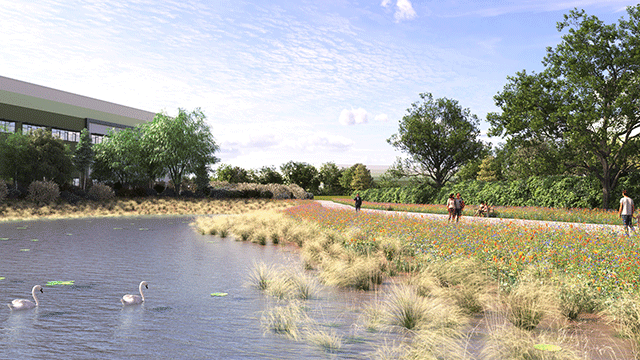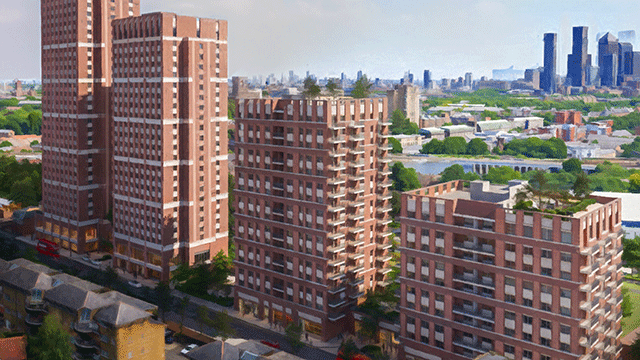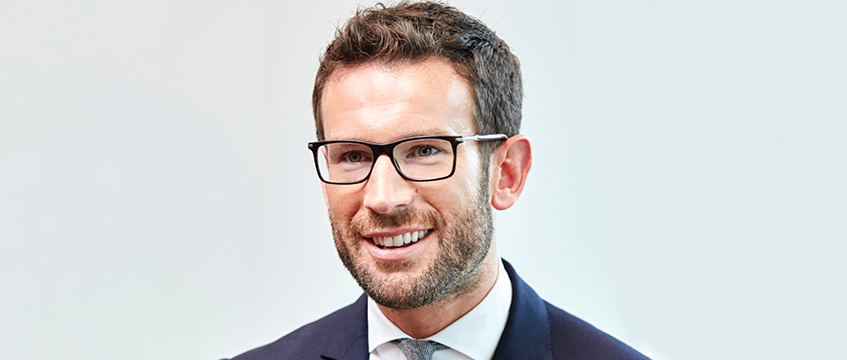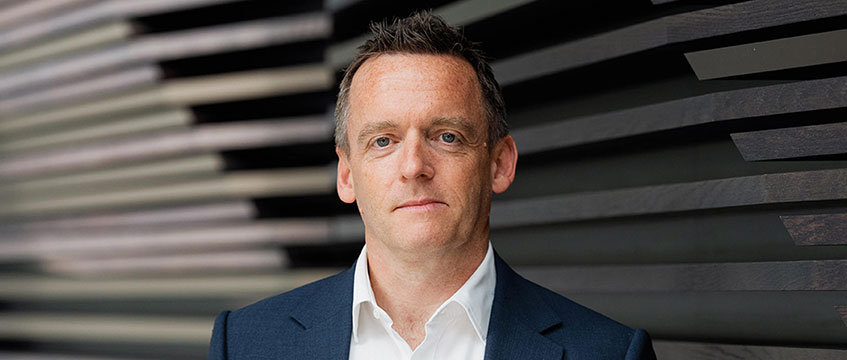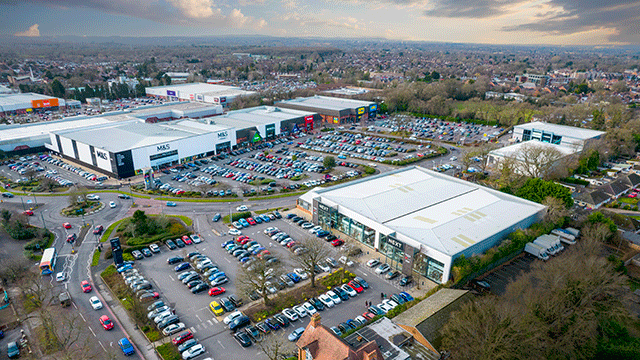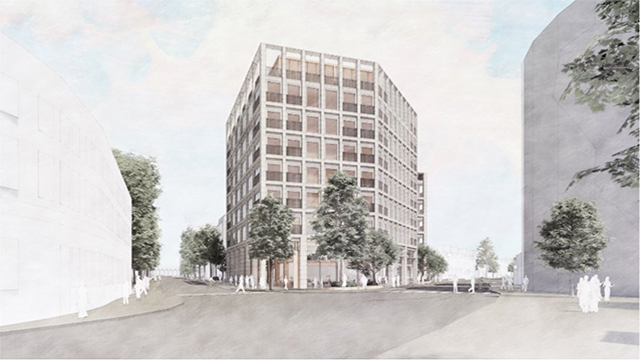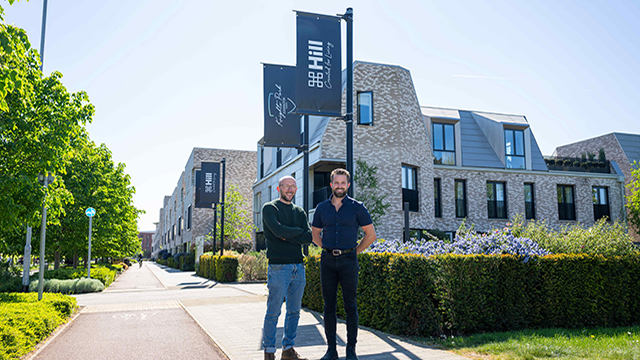Legal & General has urged property companies to standardise commitments to “hidden workers” as it introduces policies to support the physical and mental health of staff across its real estate portfolio.
The investment group said the measures would improve the quality of life of those who “keep buildings running”, such as cleaners, security personnel and maintenance staff.
The company aims for all its supply chain across 500 directly managed assets to be compliant with the new policies by 2024. Those policies include introducing sick pay at the same level as standard pay, without waiting days; giving all workers access to virtual healthcare services including GP appointments; and providing death-in-service benefit as standard.
L&G has previously partnered with Sir Michael Marmot, director of University College London’s Institute of Health Equity and professor of epidemiology, to explore how improvements to the design and construction of towns and cities can address health inequalities and support levelling up the UK’s regions.
Speaking on an EG panel to discuss health equity in real estate in September, Pete Gladwell, L&G’s group social impact and investment director (pictured), said the industry had not engaged enough in its businesses or in the communities it serves.
“We know the implications of real estate on carbon. We don’t really know the implications of real estate on health equity,” Gladwell said, adding: “If you own a building, are you paying your cleaners and security guards sick leave? If you aren’t, then they are probably going to be getting Covid and other diseases and still coming into the office, so you are perpetuating a situation where lots of people are getting ill because of the structural employment practices that you have put in place.”
The company is introducing its latest policies after commissioning research alongside the Tavistock Relationships charity into health inequality in UK businesses. Their report, Working Well: Delivering Better Outcomes for Hidden Workers, calls on business to help tackle health inequality and address the health and wellbeing gap across the country.
Mark Tyson, head of property operations at LGIM Real Assets, said: “The Covid-19 pandemic has shone a spotlight on the health inequalities that exist for a vital part of the workforce who so often go unseen. Now – with a backdrop of rising costs of food and fuel, increases in rents and mortgage rates, and spiralling inflation – the physical and mental wellbeing gap identified in our research will only be further exacerbated. The industry can’t ignore this – we need to do our part to take action, both at scale and at pace.”
The research with Tavistock Relationships was based on interviews with 88 workers, most of whom worked in cleaning and housekeeping, catering and security.
More than half worked nine hours a day, with a third of this group working 11 hours or more, with what L&G called “a direct impact on mental and physical health and on their relationships with partners, children, and their wider families and communities”.
Many did not receive pay if they attend a hospital, GP or other health appointment, while few had accessed counselling or advice services and were unaware of how they could access such services.
One interviewee said: “I get up at 5am every morning, I get to work for 6am. I clean a very large secondary high school, have a break, then start in the school kitchen, which is also very busy and a slog. I finish in the kitchen at 1.30pm and then go back into the school to clean till 3pm. I literally crawl to the car, get home, eat, fall asleep, then repeat it all again the next day, for five days. I dread being ill as I can’t ring the doctor’s as I’m at work, as they open their phone lines at 8am and by the time I have finished at 8.30am, I can’t get through.”
Writing in the report, Marmot said the research had shone a light on “people with difficult, stressful lives doing difficult jobs”.
He added: “Money, of course, is important. A shortage of money can be both stressful and lead to families doing without necessities, particularly during a cost-of-living crisis. But work is more than money. Dignity and self-respect, good relationships with fellow workers and managers, being treated fairly, security, opportunities to develop are all key aspects of work that have big implications upon individuals’ health.”
To send feedback, e-mail tim.burke@eg.co.uk or tweet @_tim_burke or @EGPropertyNews




